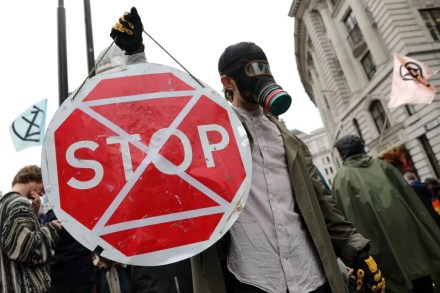2580: Cobbled
Around the perimeter starting at square 20 and reading clockwise are five themed solutions, ten words in total. The other unclued lights (four pairs) continue the theme, if 12 Across is pluralised. Ignore two apostrophes. Across 11 Fiddle with jacket removed after a dip? (5) 13 Get rid of European visitor – that’s not socially acceptable (5) 14 Poor rating given to a dessert (7) 15 Revised a plan he got shaped like this (10) 20 Administers oath of office out of wariness (6,2) 23 Like some previous edition? (4) 26 Christmas drink for draught-horse (5) 27 Boy Scouts left holding nothing round (5) 31 Nip inside part of





















